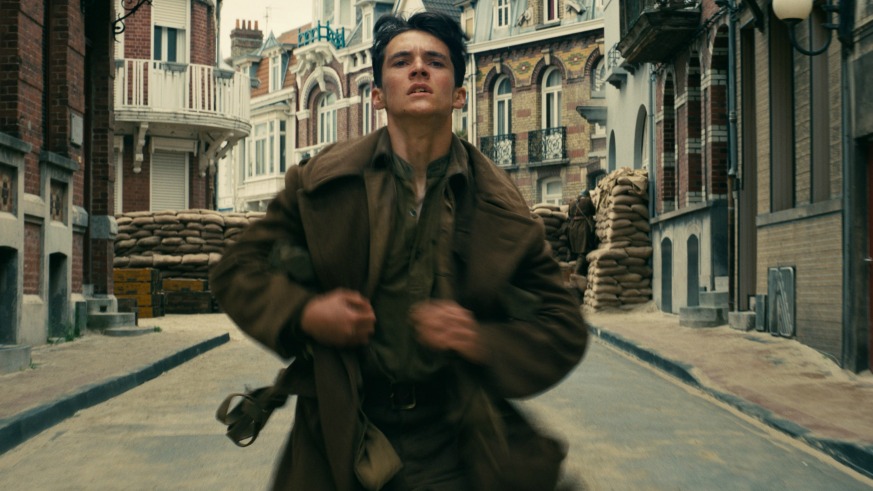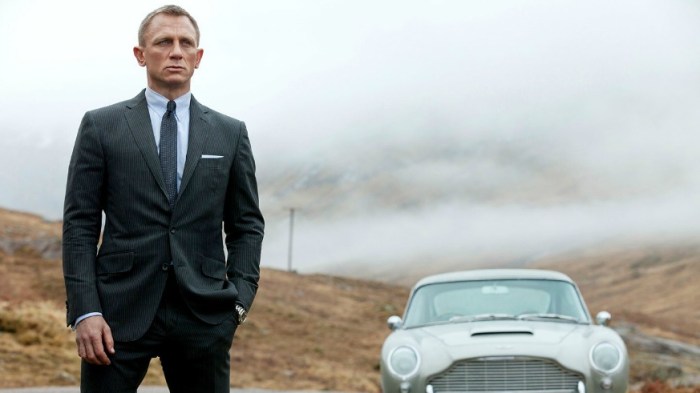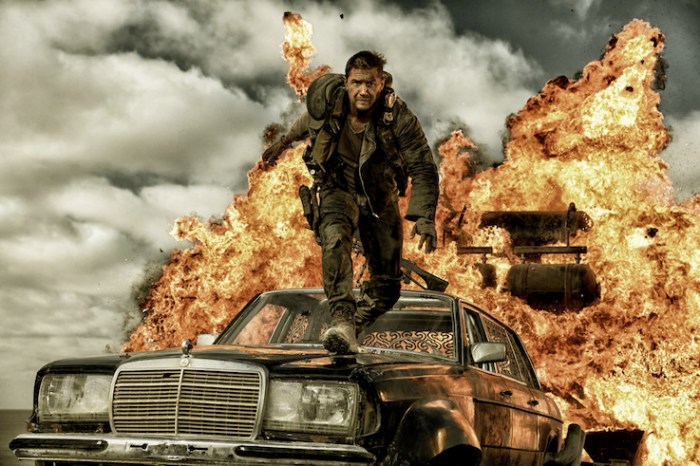‘Dunkirk’
Director: Christopher Nolan
Stars: Fionn Whitehead, Mark Rylance
Rating: PG-13
4 (out of 5) Globes
For one thing, “Dunkirk” will make you terrified of planes. It will do what “Jaws” did for the beach or what the MTA does for getting to your destination on time. It’s all in the sounds — that metallic crescendo as they approach, that whooshing diminuendo as they leave. Sometimes they drop bombs, but those don’t land till several seconds after the planes have disappeared, leaving a terrifying delay between action and consequence. In the nerve-wracking opening of Christopher Nolan’s World War II opus, a young English soldier (Fionn Whitehead) ducks and covers as a German plane cruises over a beach littered with colleagues. Only after it’s well out of sight do the bombs finally hit. Our hero lays there, face to the sand, as the bombs strike in a staggered line, blowing soldiers to smithereens. He braces to be the next random victim. Instead he’s a random survivor.
“Dunkirk” is the war movie as sensory overload. (And you should definitely see it in IMAX 70mm if you can.) It’s the opposite of a Wikipedia movie; in fact, a pre-film Wikipedia visit would help you get your bearings. But Nolan — pushing his “I can get the masses to get stoked about anything with my name on it” shtick to its furthest reaches thus far — doesn’t want you to get your bearings. He wants you to be as lost, confused, freaked out as the soldiers. He doesn’t want you to identify with them as people; we barely get to know anyone, from familiar faces (Kenneth Branagh, Mark Rylance, a mysteriously non-distracting Harry Styles) to fresh-faced newbies, like Whitehead. (And as usual with Nolan, you can barely understand what anyone says, and not just the pilot played by Tom Hardy, once again muffle-speaking through a mask.) Instead, big Hollywood’s brainiest filmmaker wants you to turn off your brain and surrender to the chaos.
Nolan doesn’t even give you much background — just a few lines of introductory text before throwing you into the thick of it. It’s a genuinely original war movie, starting with its subject, which isn’t even a battle; it’s the aftermath — a hastily-assembled rescue mission to transport some 40,000 English soldiers from the north of France across the sea to home. The story of the Dunkirk evacuation isn’t obscure — it was even covered in another film this year, the drama “Their Finest” — but it’s better known among the English, who treat it as proof of Englishness and humanity at its best, everyone working together. But “Dunkirk” isn’t about optimism or unitl till its final moments, and even then it’s complicated.
It’s all complicated. As is his wont, Nolan mixes up the chronology. “Dunkirk” is divided into three sections: land, sea and air. Thing is, each one takes place over a different length of time: respectively, a week, a day and an hour. Nolan mixes it up, each one dancing with the others. And they really are dancing. Nolan structures “Dunkirk” like a symphony, with different movements that start to collide and speak to each other as the movie goes on.
This is a very different kind of Christopher Nolan movie, if one he’s been inching towards as his career has worn on. His first films, especially “Memento,” were cinematic puzzles, demanding audiences keep their brains switched to “on.” He’s been trying to shake that; “Inception” was his attempt at real emotion — which, honestly, didn’t really work. With “Dunkirk,” he finds a better mix. He’s not trying to be emotional, but he’s not trying to be intellectual either. He’s trying to do something that’s about pure sensation.
In other words don’t overthink it, because Nolan certainly didn’t. There’s a little bit of crossover between the three threads. We see one soldier (Cillian Murphy) rescued by Rylance’s civilian boater — one of many Englishfolk who sailed across the Channel, straight into war, to bring their boys home — from a sunken boat; 15 minutes later we see him and fellow soldiers lighting from the French shore en route to disaster. But such Swiss Watch precision is thin on the ground. Nolan prefers to stay loose. That might seem like carelessness — a gimmick that’s gone underused. But Nolan doesn’t want you to see how clever he is. He wants you to focus at all times on the moment at hand, which is always dominated by confusion and terror. And what confusion and terror he summons…
Follow Matt Prigge on Twitter @mattprigge



















